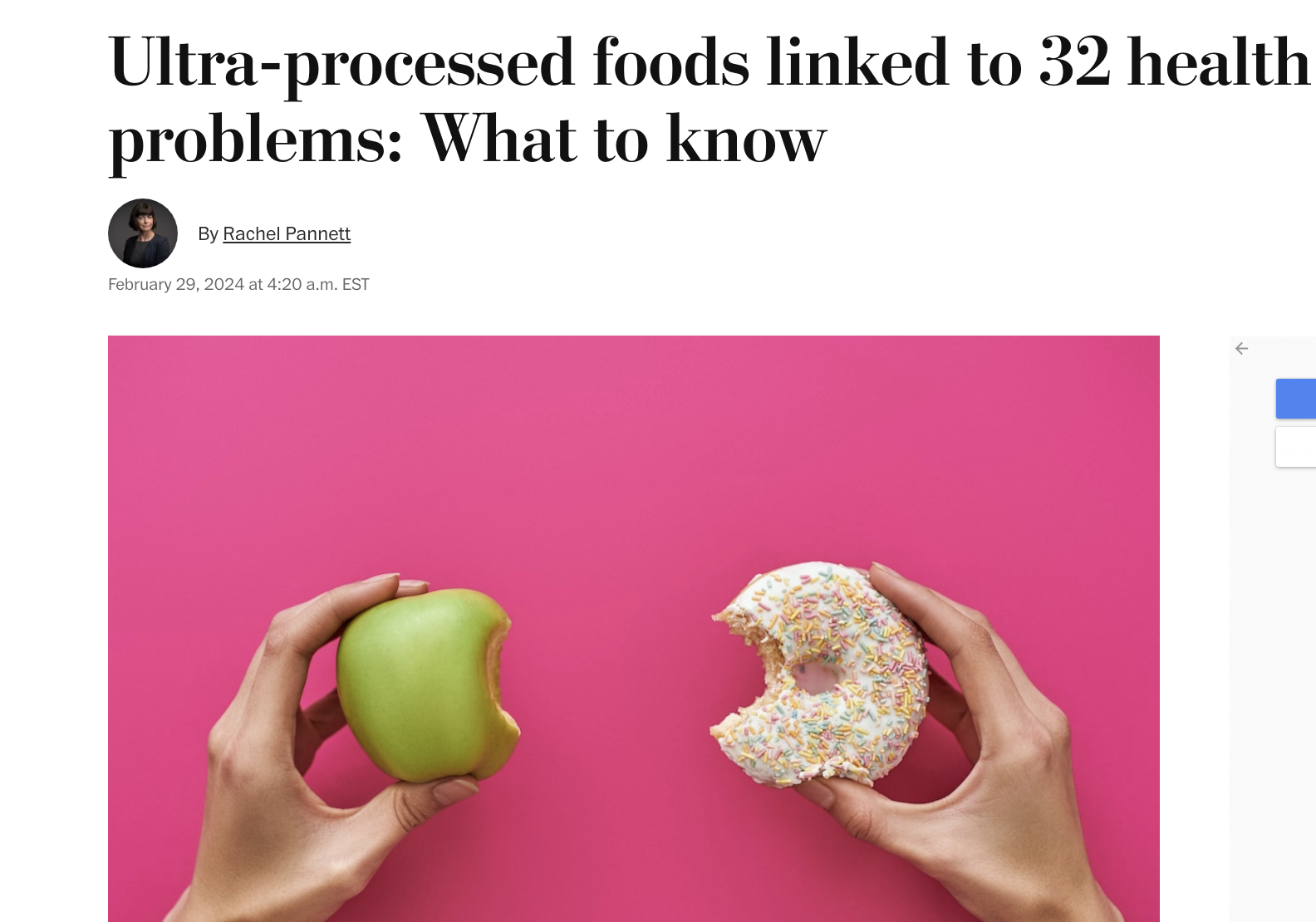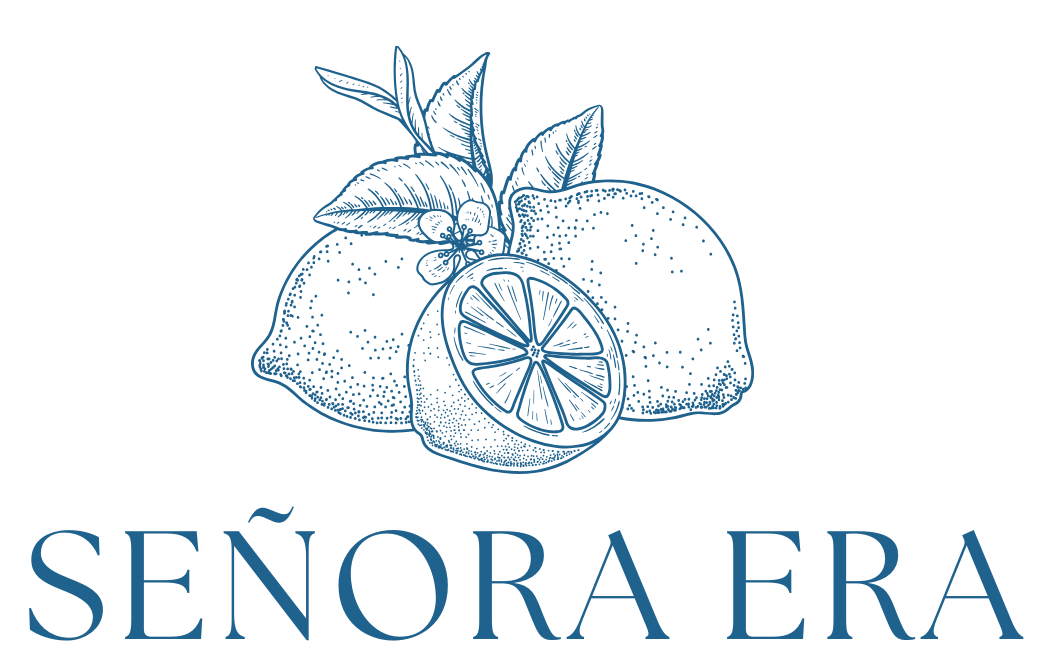A scientific article in the British Medical Journal BMJ has just linked ultra processed foods to serious diseases like cancer risk, heart disease, and more.
Researchers ran a meta-analysis, which is a review of research of over 10 million participants, and found a connection between things like bread, cereals, snacks and frozen foods that have had additives, colorings and flavorings to make them more delicious with 30 conditions, like heart disease early death and even anxiety. I’m talking legitimate high risk like a 50% increase in death due to a heart condition, a nearly 50 percent increase in a mental disorder, and 12 percent risk of diabetes. This seems to be the best and strongest case research team has even made for avoiding ultra processed foods.
The problem is that many of us are confused by what ultra-processed food really means and we have to understand that ultra processed is different than minimally processed. It’s not all or nothing!

Essentially, these are products that have undergone extensive processing and typically contain numerous added ingredients, including preservatives, flavorings, colors, and other additives. These foods often bear little resemblance to their original form and may contain little to no whole, unprocessed ingredients.
What are the main characteristics of ultra processed foods?
- Highly processed ingredients: These foods often contain refined sugars, oils, flours, and additives such as emulsifiers, stabilizers, and artificial flavors.
- Low nutritional value: Ultra-processed foods tend to be high in calories, unhealthy fats, sugars, and sodium, while lacking essential nutrients such as fiber, vitamins, and minerals.
- Convenience: They are often designed for quick preparation and consumption, such as ready-to-eat meals, snack foods, and sugary drinks.
- Long shelf life: Ultra-processed foods typically have extended shelf lives thanks to the addition of preservatives and other additives.
- Uniformity: These foods often have a uniform appearance, taste, and texture, achieved through extensive processing and the use of additives.
Examples of ultra-processed foods include things like cereals, sugary drinks, packaged snacks like chips, cookies, and candies, instant noodles, processed meats, frozen meals, and most fast food.
Health experts often recommend limiting the intake of these foods in favor of whole, minimally processed options for better overall health and well-being.
Basically if your señora ancestor ate it, you should be eating it.
For our first podcast episode, we talked to Registered Dietitian Kristan Linares, and she suggests things like the three sisters – beans, tortillas, corn – which have fed our ancestral señoras for centuries. Why not add more veggies and whole foods into our diets just like our great grandmothers?
Check out Krista’s healthy Latin American recipes here.
Original research report here.






